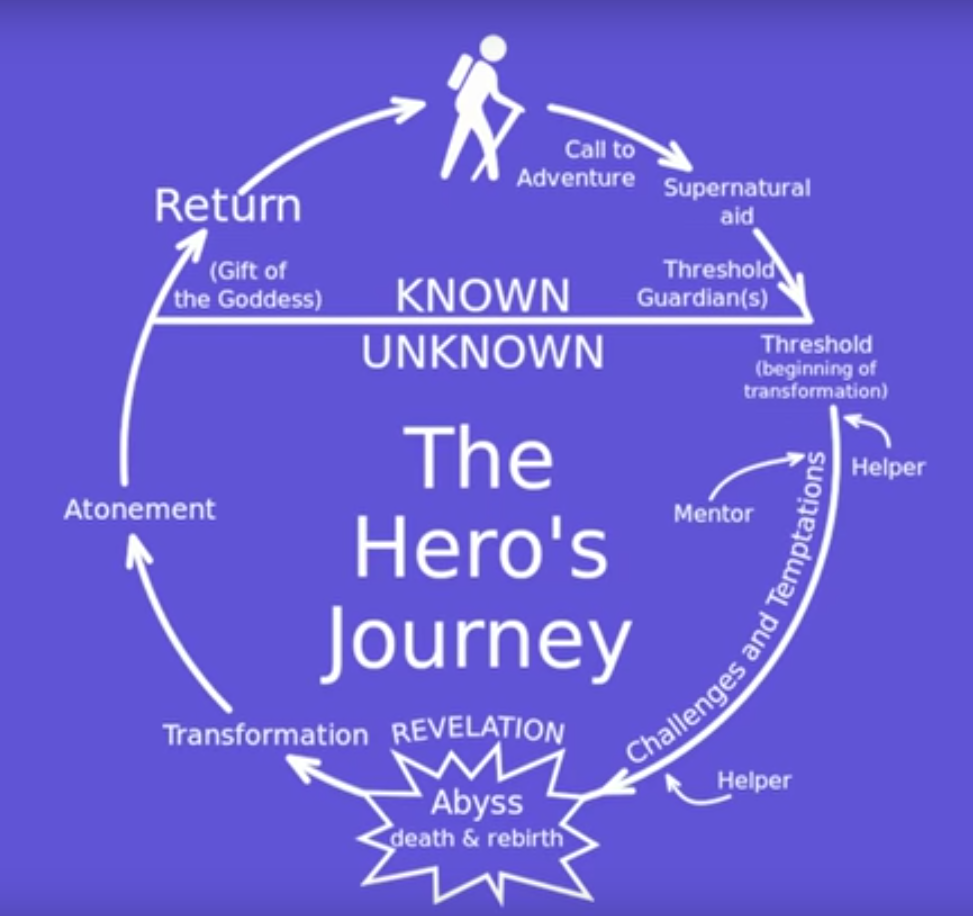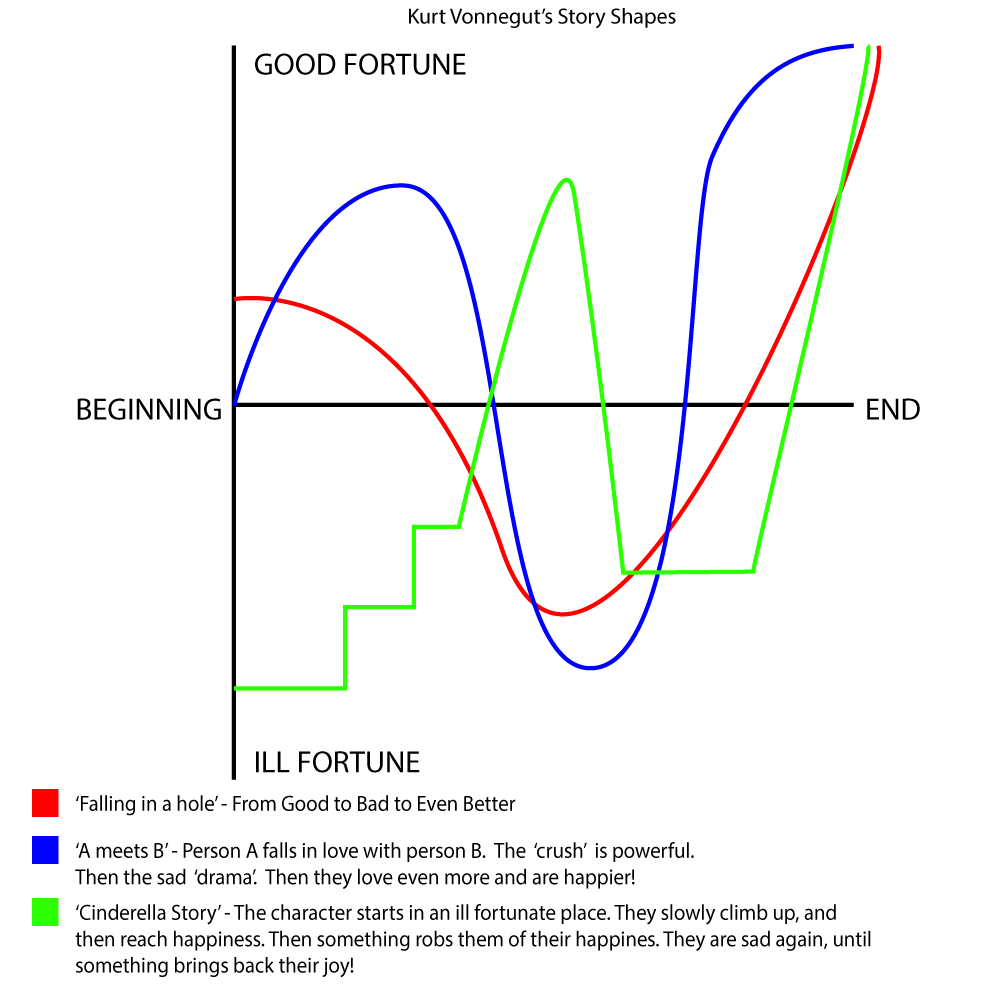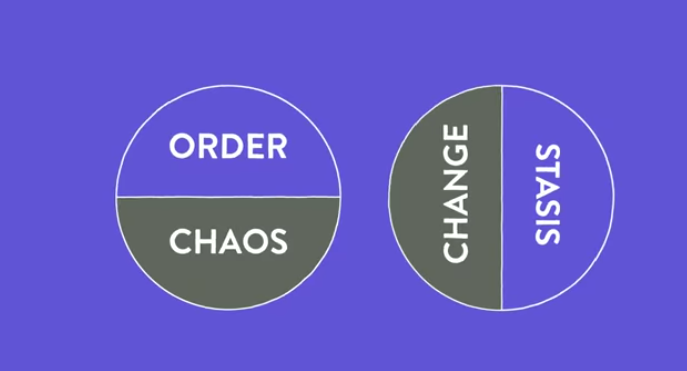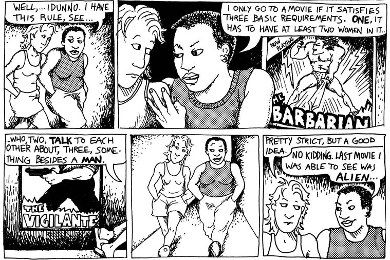Storytelling:
Proj_2_Storytelling_Project
“If it can be written or thought, it can be filmed.” – Stanley Kubrick
“There’s something in the human personality which resents things that are clear, and conversely, something which is attracted to puzzles, enigmas, and allegories.” – Quoted in Kubrick : Inside a Film Artist’s Maze (2000) by Thomas Allen Nelson, p. 10
“Nothing is original. Steal from anywhere that resonates with inspiration or fuels your imagination. Devour old films, new films, music, books, paintings, photographs, poems, dreams, random conversations, architecture, street signs, trees, clouds, bodies of water, light and shadows. Select only things to steal from that speak directly to your spirit. If you do this, your work (and theft) will be authentic.” – Jim Jarmusch
Story Formats – From the Masters!
Monomyth aka Hero’s Journey – Joseph Cambell (philosopher, mythologist, historian) wrote about the ‘Monomyth’ also know as the ‘Hero’s Journey’. Explained how the ‘monomyth’ is present in many different myths and legends across the entire world. Rumor has it that George Lucas used this format when writing Star Wars. (link to video)
3 Story Shapes – Kurt Vonnegut (Author, many of his stories became major movies) explains stories as 3 possible graphs (link to video):
1. Person falls into a hole
2. Person A falls in love with person B
3. The Cinderella Story
Story Wheel – Dan Harmon (writer/creator of the TV shows Community & Rick and Morty) explains stories using a wheel. The wheel is a progression from number 1 to number 8. And it can also be seen as two separate halves. See images below. (link to a great blog written by Dan Harmon that explains this in detail!)
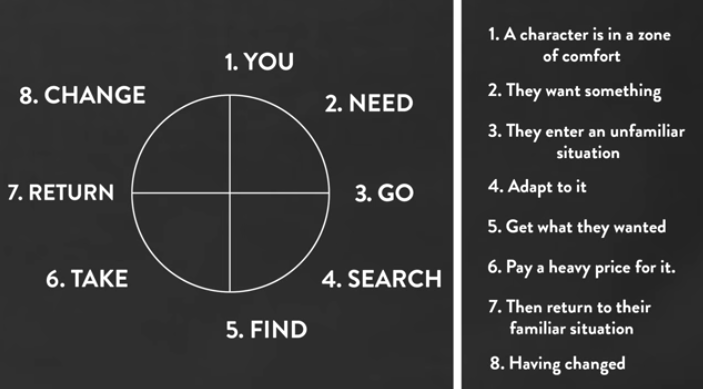
Pixar Story Format – This is a format used by Pixar studios (Toy Story, Finding Nemo, Monsters Inc) It is a 6 step process. (link to video of Pixar writer explaining this) AND (Pixar’s 22 rules of Phenomenal Storytelling)
- Once there was a …
- Protagonist (Hero with a Goal)
- Every day the hero..
- Set up characters life/location – develop character
- Until one day…
- set up of conflict
- Because of that…
- and so forth. each next scene compels/moves the next
- Until Finally…
- Climax – dealing with the conflict set up earlier
- The hero achieves their goal
- Ever since then…
- The moral of the story
- Set up for sequel
Three Act Play – a classic format used in greek plays and on Adventure Time (cartoon). According to the writers at Adventure Time they do the following:
1. First Act – from Normal to a Problem
2. Second Act – How do you solve the Problem? Find and Answer but then a TWIST it doesn’t work.
3. Third Act – Figure out a new way to solve the problem. Problem solved!
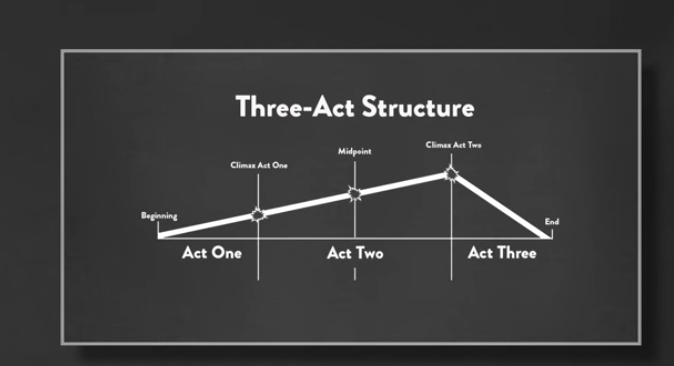
Conflict/Climax/Resolution – This classic format can have a climax near middle OR in an action-movie format it can have the action spike first. The peaks are a graph between Intensity & Time. Characters develop along the peaks and valleys.
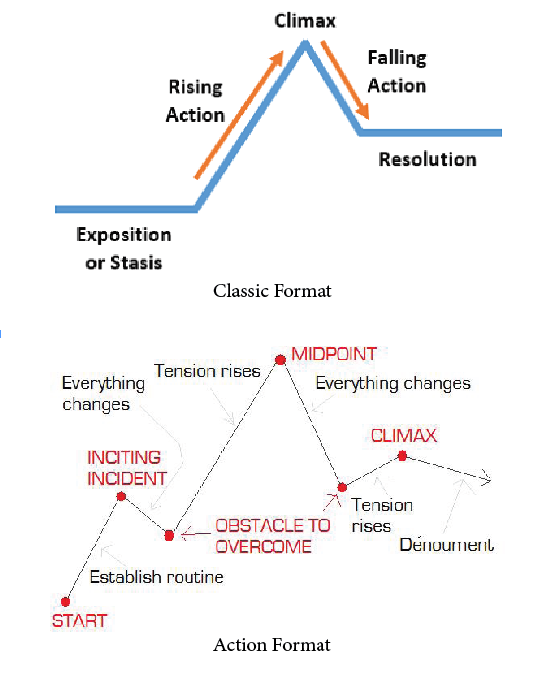
SUPER IMPORTANT! these are just writing tools, you don’t have to follow these rules!
ALSO!!!
PLEASE avoid annoying/sexist/racist TROPES because we have enough of that!!!
BE UNIQUE!!!
Tropes to AVOID (these are related to Video Game Stories but apply to any Story)-
The Damsel in Distress / Woman as Reward (aka Save the Princess! – Zelda, Mario, etc.) where the female characters are objectified as a ‘prize’, a ‘treasure’ or a ‘goal.
The Mrs. Male Character (aka Ms. Pacman, SuperWoman, etc.) where the female character is defined by things such as a bow, pink clothes, lipstick, skirt or exaggerated body parts and cleavage. Often times the female character is the ONLY female in the cast and is a stereotype.
Women as Background (Grand Theft Auto) where the female characters are used as decoration and passive ‘objects’ or ornamental avatars. The women are NPC (non-playable characters) and usually do not speak, and exist only as a sexual ‘objects’ or as victims of violence, rape or assault.
Non-white Characters as Stereotypes (Far Cry 3, Street Fighter, Resident Evil, Grand Theft Auto) where non-white characters are stereotyped in ‘tribal’ clothing, where darker skin is related to a character’s goodness (villans are darker), where these characters are inherently more sexual and where less clothes, where cultural backgrounds are stereotyped/simplified.
Here is list of these tropes – AVOID THIS!
Link to great videos on these subjects in relation to Video Games !!!
One last challenge!!!
Does your story pass the Bechdel Test?
- The movie has to have at least two women in it,
- who talk to each other,
- about something besides a man.
Answer these questions regarding movies you have seen. You will be amazed how many movies DO NOT PASS THIS TEST.
Writers games –
Fold Letter paper in 4 columns.
1 minute to make a drawing in 1st column.
1 minute to write what you see in drawing (first act) in 2nd column.
1 minute next person writes a second act building on the previous.
1 minute someone writes a third act building on everything.
Character Creation
- Protagonist / Character Traits –
- Person/Animal/Robot/Mythical Creature
- Body traits –
- height, size, physical attributes (skin, fur, color)
- Clothing
- Costume, uniform, tools
- Personality traits
- Funny, sad, angry, helpful, weak, strong, etc.
More Resources:
Great collection of Animated shorts based on Mexican/Indigenous Creation Myths! https://vimeo.com/channels/68voces
Link to great article on Screenwriting Tips!
